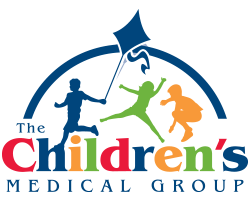With all of the recent media coverage, it’s important to understand what Ebola is and what parents can do to protect their children.
What is Ebola?
Ebola is a viral infection that is very rare, and is not easy to transmit from person to person. The current serious outbreak in West Africa is in part due to lack of germ prevention and access to adequate medical supplies.
The Signs & Symptoms of Ebola
Ebola typically starts with a sudden fever, but symptoms can also include a severe headache, muscle pain, weakness, diarrhea, vomiting, stomach pain, or unexplained bleeding or bruising. The most common time frame between infection and the onset of symptoms is 8 to 10 days, but can range from 2 to 21 days. A person infected with the Ebola virus can infect others as soon as they begin to have symptoms. Because the initial symptoms are similar to those seen with other viral infections, early stage Ebola may be confused with other infectious diseases like the flu.
How it is spread
Ebola is not spread through the air or water – it is only transmitted through direct contact with the body fluids of an infected person, or from objects like needles that have been in contact with infected body fluids. The chances of you or your children becoming infected are slim. Ebola does not spread through air, food, water, or by touching things like money or keyboards. See Q&A’s on Ebola Transmission on CDC.gov.
Can Ebola be prevented?
Yes, killing the virus is easy. The Ebola virus can be killed with soap and water, heat, or a disinfectant or sanitizer. People in West Africa may not have access to soap and water, and may not be able to follow these precautions, so Ebola has continued to spread.
According the Centers for Disease Control and Prevention (CDC), washing hands frequently or using an alcohol-based hand sanitizer is a good precaution.
Discussing Ebola with your children
While it is often challenging to talk with children about unsettling current events, it’s important that your child receive accurate information from you, instead of rumors from their friends and classmates. It may also be a good idea to limit young children’s exposure to news stories about it.
Here are some things to remind your children if they are concerned:
- They are safe
- Ebola is rare and does not exist everywhere. When someone gets sick with it, the person is taken to a safe place to be cared for, so that he can get better and not make anyone else sick
- Our doctors and health care system is among the best in the world for taking care of sick people.
Other suggestions for discussing Ebola with your child:
- Remain calm and confident. Your children notice your attitude. Don’t tell children they “shouldn’t worry.” Rather, support them as they learn to overcome their fears.
- Consider your child’s maturity level and coping style. Generally, older children are more ready for information than younger ones. And like adults, some children need more information to handle issues, while others worry more if they have a lot of information.
- Ask your children what they have already heard and understand about Ebola. Ask them what other information they would like, and use any misinformation they have given you to guide your responses.
- Be factual and honest. Help children understand the differences between the common illnesses they have encountered and rare, localized diseases like Ebola. It isn’t helpful or effective to provide graphic details.
- If you are unsure of an answer, explain to your child that you don’t know. If it is still of interest, offer to look the answer up for them, or, if the question is suitable, help them to look it up.
- With many children and teens spending time on social media, there is also the risk that they could read something online about Ebola that they do not understand and may become unnecessarily alarmed. Pay close attention to what your children are seeing online. Talk to your children and help them avoid graphic exposure to the media.

Source: CMG

